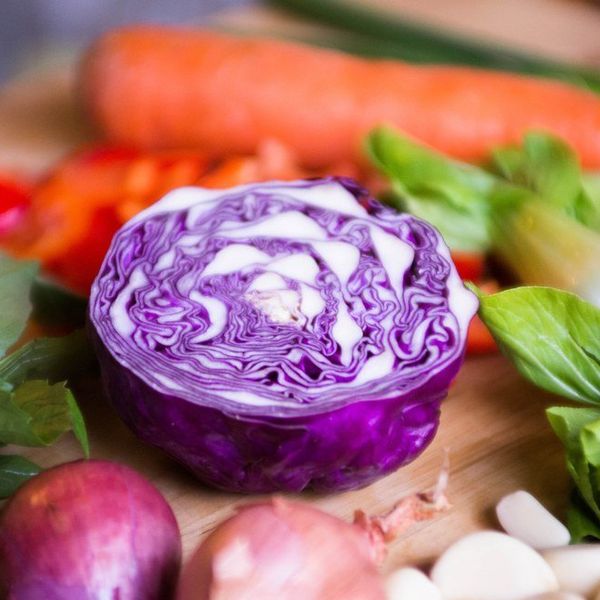When I got back from studying abroad in Italy, a lot of people asked me if I felt like I needed to go on a diet. No, actually. I felt a lot healthier when I was in Rome, partially because I walked almost everywhere and partially because of how fresh the food is in Italy and other places in Europe. Though I didn’t eat pasta every single day, I did really appreciate the Italian diet, and I ate (a lot) of gelato. How did I feel healthier, you ask?
It’s simple, really. Many countries in the EU have a complete ban on genetically modified crops (including Italy). If you buy a tomato in Italy, you must use said tomato within the next two days, or it will go bad. If you buy a tomato in America, you have a wider timeline of how long you can leave it sitting on the counter.
Many countries in Europe limit their antibiotic usage in animals. Though antibiotics are sometimes necessary to cure sick animals, oftentimes these antibiotics are used as growth hormones so that companies can get more meat out of the animals.
According to an article on motherjones.com, Italy actually uses more antibiotics in their animals than the U.S. does. But the U.S. also genetically modifies our crops. And if I felt that much healthier just by eating organic fruits and vegetables, we could all feel better if we stopped modifying everything, including meat.
Not long ago, I was having lunch with a friend at a restaurant when we both looked out the window at the same time and saw a truck full of chickens. These weren’t regular chickens. These were monster chickens who, if in a cartoon, would most definitely be at the gym on steroids. Imagine a buff Foghorn Leghorn. It was actually nauseating because it looked so unnatural. They were all sitting down in the truck—probably because when chickens grow unnaturally big like that, they develop painful leg problems.
According to freefromharm.com, Chickens bred for meat are forced to grow 65 times faster than their bodies normally would, and the industry continually seeks to increase their growth rate. And though European countries still use antibiotics in their animals, 160 countries have banned the use of the drug ractopamine, a feed additive that promotes leanness and growth in animals. But this drug also contains harmful additives and animals, especially pigs, experience adverse effects from the drug including hyperactivity, trembling, broken limbs, inability to walk, and death.
Giving livestock a drug that could have these effects on them is downright cruel. And if that’s not enough to convince you that the meat industry in America is out of control, then imagine these animals suffering from these symptoms—and then imagine eating them. Do you think that the healthiest thing for you is to eat animals that are injured, sick, or dying from unnatural causes? From drugs that are purposefully being put into their bodies?
And animals deemed too sick to enter the food supply are faced with a gory death as well, as was seen in 2014 when an undercover investigation revealed that a poultry farm was burying chickens alive.
In a study on ractopamine and its direct effect on humans, problems involving fast heart rate, widening of blood vessels, skeletal muscle tremor, nervousness, metabolic disturbances such as hyperglycaemia (high blood sugar) and hypokalemia (lower than normal potassium in the blood) were found, according to decodedscience.org.
Though ractopamine is used mostly in pork, it is also used in cows and poultry, along with a slew of other drugs. Additives harm us, and the companies who use them should be shut down for horrific cases of animal abuse. Meat production is also responsible for huge negative environmental factors, such as water and land usage.
In short, I’m not telling you to never eat a burger again. I’m not criticizing American traditions. But I am saying that we need to consciously think about these things before we head to the grocery store. I think that if we support natural production of fruit and vegetables and safe ways to consume meat, we'll all feel a lot healthier – and hopefully we'll be able to trust that animals aren't being abused for the sake of our morning bacon egg and cheese.





















